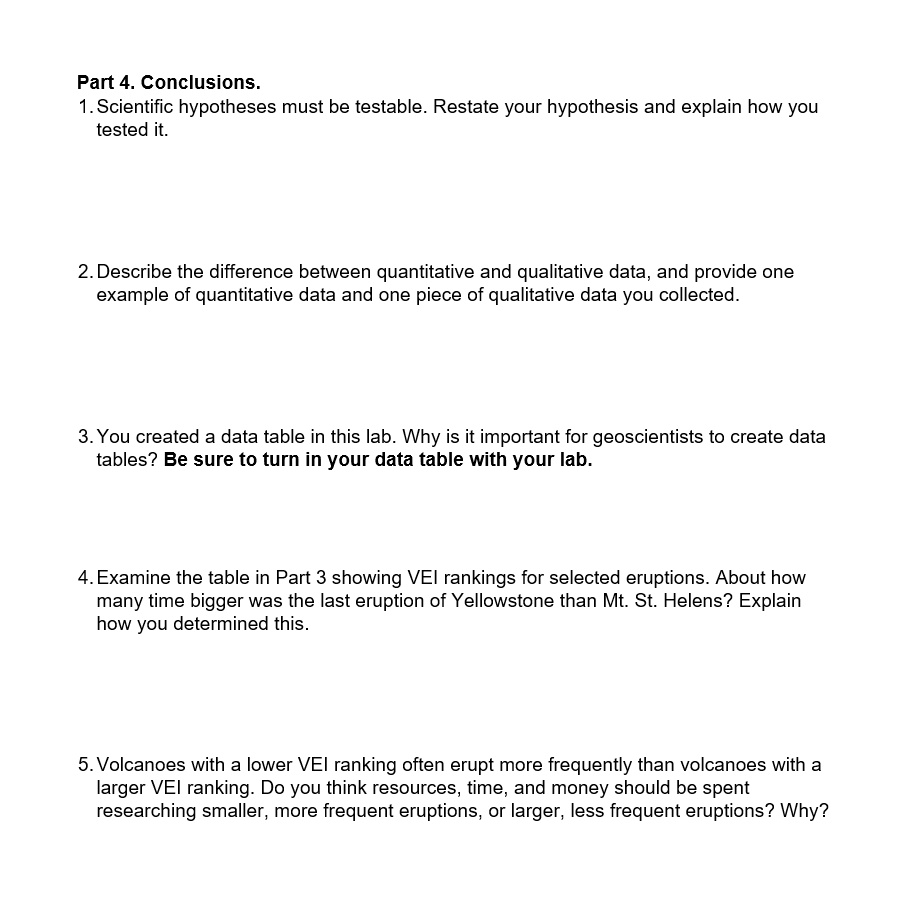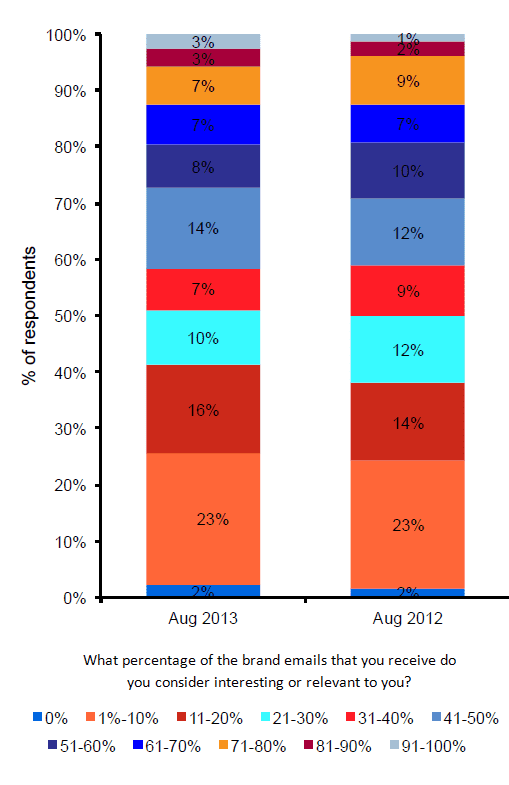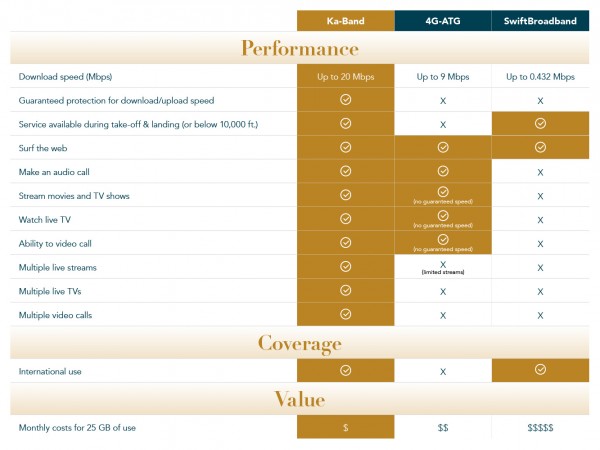
How many Americans expect to never drive an EV in their life? New driver report reveals it is more than you think - Top Tech News

Ian David Moss on Twitter: "Last month a friend asked me "what's the best resource you've read thus far on human decision-making?" 1/" / Twitter

SOLVED:Part 4. Conclusions_ 1. Scientific hypotheses must be testable. Restate your hypothesis and explain how you tested it. 2.Describe the difference between quantitative and qualitative data, and provide one example of quantitative

Conceptual thinking about the unknown Uncertainty: expected value, sensitivity analysis, and the value of information. - ppt download

Measuring Success Measurement in LSC Purpose here: think broadly about what to measure, and touch briefly on how You need to. - ppt download







![Are Employees More or Less Productive Than They Were in 2020? How Marketers Can Navigate [New Data] Are Employees More or Less Productive Than They Were in 2020? How Marketers Can Navigate [New Data]](https://blog.hubspot.com/hs-fs/hubfs/Google%20Drive%20Integration/Are%20Employees%20More%20or%20Less%20Productive%20Than%20They%20Were%20in%202020%3F%20How%20Marketers%20Can%20Navigate%20%5BNew%20Data%5D.png?width=624&height=416&name=Are%20Employees%20More%20or%20Less%20Productive%20Than%20They%20Were%20in%202020%3F%20How%20Marketers%20Can%20Navigate%20%5BNew%20Data%5D.png)










